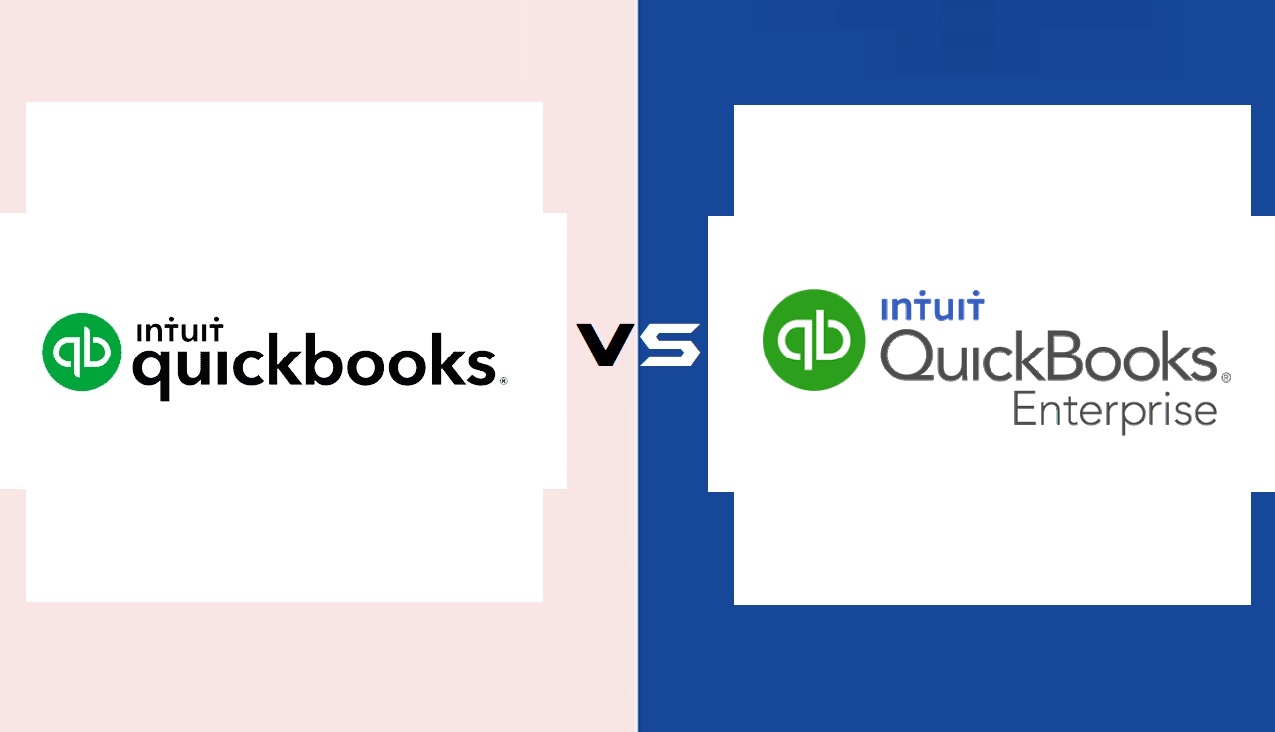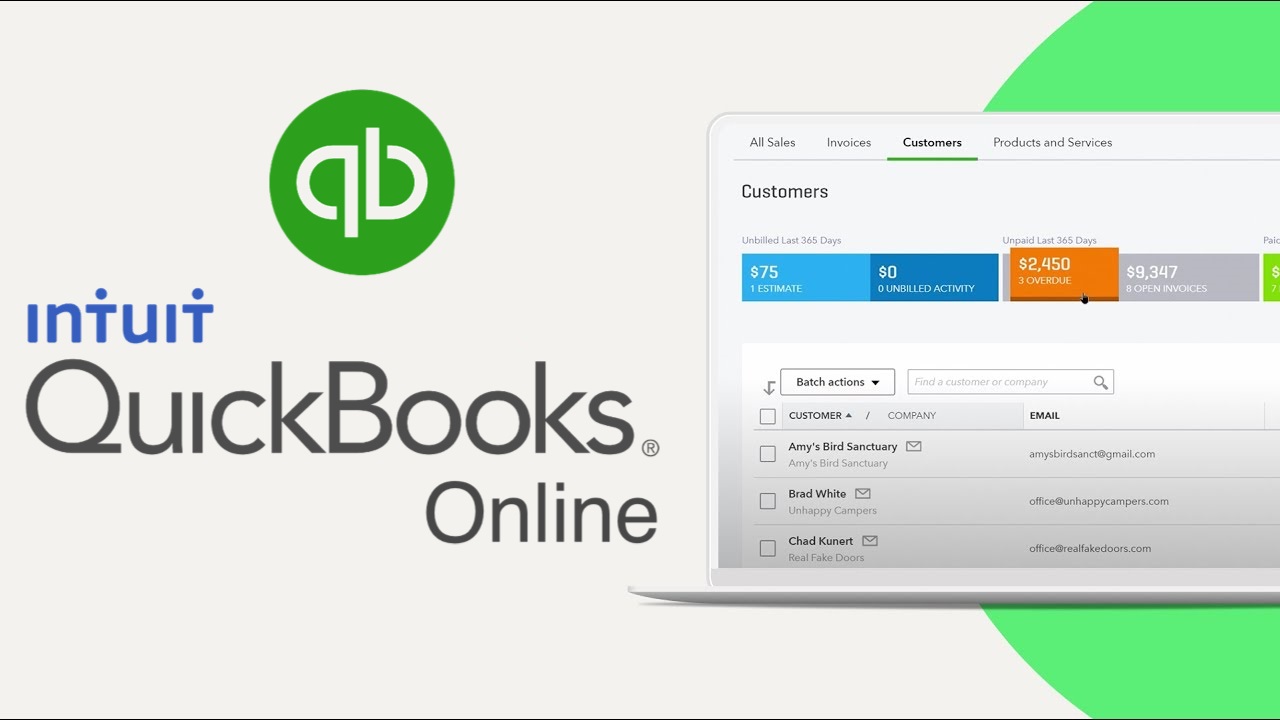As a veterinarian, you have a lot of expenses associated with running your business. From equipment and supplies to staff salaries and marketing costs, the expenses can add up quickly. Fortunately, there are a number of tax deductions available to veterinarians that can help reduce your taxable income and save you money come tax time. In this article, we’ll explore the top 15 tax deductions for veterinarians.

01. Office expenses :
Office expenses are deductible expenses that you incur as part of running your veterinary practice. This can include things like rent, utilities, office supplies, and equipment. You can deduct these expenses on your tax return as long as they are necessary and ordinary expenses for your business.
02. Medical equipment :
As a veterinarian, you likely have a lot of medical equipment that you use in your practice. This can include things like exam tables, X-ray machines, and surgical equipment. You can deduct the cost of this equipment as a business expense on your tax return.
03. Medical supplies :
In addition to medical equipment, you also need a lot of medical supplies to run your practice. This can include things like medications, bandages, and syringes. You can deduct the cost of these supplies as a business expense on your tax return.
04. Staff salaries and benefits :
If you have employees working in your veterinary practice, you can deduct their salaries and benefits as a business expense on your tax return. This can include things like health insurance, retirement plans, and paid time off.
05. Marketing and advertising expenses :
Marketing and advertising expenses are necessary for promoting your veterinary practice and attracting new clients. You can deduct these expenses on your tax return as long as they are ordinary and necessary for your business. This can include things like website design and hosting, print advertisements, and social media marketing.
06. Business travel expenses :
If you travel for business purposes, you can deduct your travel expenses on your tax return. This can include things like airfare, lodging, meals, and transportation expenses. However, you can only deduct travel expenses that are directly related to your veterinary practice.
07. Continuing education expenses :
As a veterinarian, you are required to maintain your license by completing continuing education courses. The cost of these courses is deductible as a business expense on your tax return.
08. Legal and professional fees :
If you need to hire an attorney, accountant, or other professional for your veterinary practice, you can deduct their fees as a business expense on your tax return.
09. Office rent and utilities :
If you rent an office space for your veterinary practice, you can deduct the cost of the rent and utilities as a business expense on your tax return.
10. Internet and phone expenses :
If you use the internet and phone for your veterinary practice, you can deduct the cost of these expenses as a business expense on your tax return.
11. Home office expenses :
If you work from home, you can deduct a portion of your home expenses as a business expense on your tax return. This can include things like rent, utilities, and home office equipment.
12. Depreciation of assets :
As a veterinarian, you have a lot of assets that you use in your practice. These assets lose value over time, and you can deduct that loss in value as a business expense on your tax return.
13. Employee training expenses :
If you train your employees in new skills or techniques, you can deduct the cost of that training as a business expense on your tax return.
14. Insurance premiums :
As a veterinarian, you need a variety of insurance policies to protect your business. This can include things like liability insurance and property insurance. You can deduct the cost of these premiums as a business expense on your tax return.
15. Charitable donations :
If you donate to a qualified charitable organization, you can deduct the value of that donation as a business expense on your tax return. This can include donations of money, supplies, or services.
It’s important to note that in order to take advantage of these tax deductions, you must keep detailed records of your expenses and maintain accurate financial records for your veterinary practice. This includes keeping receipts, invoices, and bank statements to support your deductions.
Additionally, it’s a good idea to work with a qualified accountant or tax professional to ensure that you are taking advantage of all of the tax deductions available to you as a veterinarian. They can provide you with guidance and advice on how to maximize your deductions and minimize your tax liability.
Also Read : How Tax Consultants Can Help Small Businesses?
Conclusion
Running a veterinary practice can be expensive, but there are a number of tax deductions available to help reduce your taxable income and save you money on your tax bill. By keeping detailed records of your expenses and working with a qualified accountant or tax professional, you can ensure that you are taking advantage of all of the tax deductions available to you as a veterinarian. From office expenses and medical equipment to staff salaries and marketing costs, these tax deductions can help you save money and grow your business.




